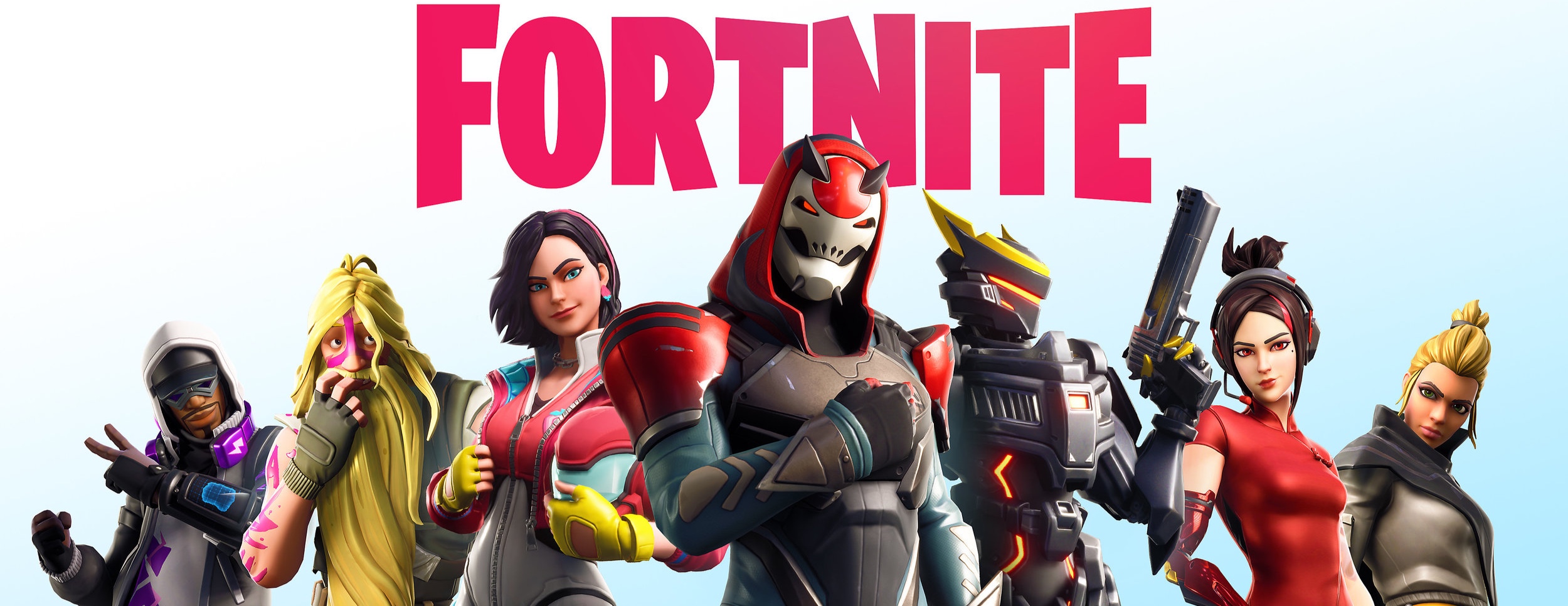What Retailers Can Learn From the Fortnite Gaming Phenomenon
By Ben Rudolph
I know what you’re thinking: how can a video game, played predominantly by teens, have any applicable business lessons for retailers? For those who don’t know, Fortnite is an online multiplayer game where 100 players are dropped on an island and battle it out to be the last person standing. Despite its cartoonish charm, no one can scoff at Fortnite’s success. In an industry that is more cyclical than even fast fashion, Fortnite has been able to maintain its relevance in the two years since its release. With more than 125 million players and $2+ billion in revenue, here are four strategies brands can take away from Fortnite’s groundbreaking success.
1. Rethink your revenue generation strategy: most video games charge users a one-time fee for purchase. For Fortnite, instead of shelling up to $60, players can play for free. While many games employ a “freemium” model - free to play, but players must pay to unlock certain features - there is no need to dish out any money to unlock exclusive game modes in Fortnite. Rather, players can buy “V-bucks” which allow them to purchase outfits called skins for celebratory dances. None of these items grant players any skill advantage; they are purely cosmetic.
While some may think this is a radical approach, it reportedly made Fortnite $300 million in the month following its launch on iOS. How can retailers embrace this mindset? Attempt to expand beyond the dogma of your current industry. Think about embracing a non-traditional revenue generation strategy like recurring revenue subscriptions.
2. Gamification, status, & exclusivity: another item you can buy from the Fortnite store is the “Battle Pass”. Basically, this is a 10 week set of challenges and tasks that allow players to earn V-bucks and unlock skins. These skins become available as you progress through the Battle Pass, and represent achievement and status - a currency of cool and prestige - amongst Fortnite players. How can your brand create a membership program that not only keeps customers returning, but allows them to show off their achievements to other like minded-shoppers?
Fortnite has also embraced the perception of exclusivity. Skins that appear in the Fortnite store are typically only available for a 24-hour time window, prompting players to buy coveted items before they are gone from the virtual shelves. Retailers should take note of this too, and look to adopt limited time collections, exclusive drops, and pop-up stores to demonstrate an “air” of exclusivity.
3. Stay relevant by seeking out pop-culture partners: Most video games hit their peak popularity relatively shortly after launch. Fortnite has broken this pattern with its constant changes to the video game, relevant references, and partnerships with pop-culture events.
For example, Fortnite has sought partnerships with brands like the NFL, Stranger Things, and John Wick, for limited-time skins. It has hosted in-game concerts by musicians like Marshmellow. It even had limited time game modes where players could transform into Iron Man or Thor when Avengers: Endgame was in theatres. Partnerships represent nothing new, but what Fortnite has demonstrated is the power of knowing who your customers are, what brands they already love rather than ones that simply have name recognition, and how to leverage all those factors together.
4. Embrace your biggest fans: Young or old, famous or not, Fortnite has fully embraced its players through e-sports, giving them a powerful platform. At the end of July, Fortnite hosted its World Cup and awarded $3 million to its 16-year old winner! Brands can take heed embracing and awarding their influencers and followers to create a mutually beneficial relationship. Most importantly, Fortnite has created a powerful brand community where people can use the product, but also watch, discuss, and even dress up as their favourite characters. How might your company replicate this approach, and provide your consumers with a common ground to bond?
Fortnite also releases regular weekly “patches” which are software updates that bring about new features. With these patches, Epic, Fortnite’s parent company, regularly seeks feedback from its players on features to remove or tweak based on their opinions. Brands need to realize that their users are the ultimate source of R&D, and incorporate them into their product innovation strategies.
In conclusion, retailers and brands need to take inspiration from other industries, and no industry is booming more than gaming and the rise of Fortnite.
Subscribe to our newsletter and get the latest retail insights & trends delivered to your inbox

